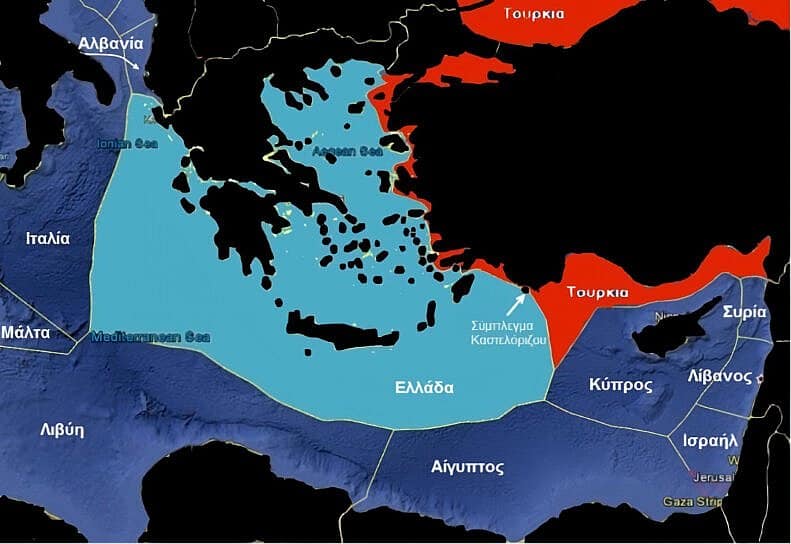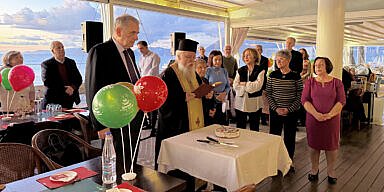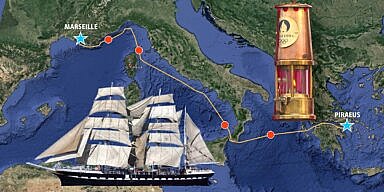Countries that border the sea claim a well-established “12-mile limit” beyond their shore as sovereign territory. It belongs to them as if it were land. But, in 1982, an effort was made to divide the remaining sea into “Exclusive Economic Zones” (EEZ) so that its resources – including fisheries, oil exploration, wind, wave, tide, etc. – could be used by respective countries without international disputes.
By agreement, this zone went beyond the 12-mile sovereign territory to 200 miles from the shore. Beyond 200 miles, it was “open sea,” accessible to all. Where two countries were closer than 200 miles from each other, their EEZ would be split and shared in half that distance. In the Mediterranean, just about all sea distances between countries are short, so there is no “open sea,” Thus, there are theoretical EEZ borders connecting them.
But the agreement also includes a provision that islands were entitled to their 200-mile EEZ. The EEZ establishes a condition where splitting the space between these islands and Turkey creates a situation that is unacceptable to Turkey. This created a particular issue in the Aegean, where many Greek islands are very close to the Turkish mainland. So, Turkey is one of the countries that did not sign the agreement.
This agreement is not binding to those countries that have yet to sign it, and even signatory countries, such as China, do not choose to abide by it. And although several disputes have been settled, some still need to be. Generally, countries that do not like the terms make declarations on what they believe is “fair” and lay claim to their own geographic “zones,” to which the other parties take exceptions. As of this writing, the continuing conflicts tend to form an international “game” of bluster and bullying and appeals at international forums and courts rather than an out-and-out military conflict.
Greece, which the EEZ terms favor in providing practically the entire Aegean and half the Ionian sea under its zone, is naturally comfortable. But Turkey’s view is that it is unreasonably hemmed it. The solution is to distinguish between the mainland and islands, to provide islands with only their 12-mile limit, and the sea around them to be accessed by the nearby landmasses based on the 200-mile agreement. This would divide the Aegean in half, between Turkey and Greece.
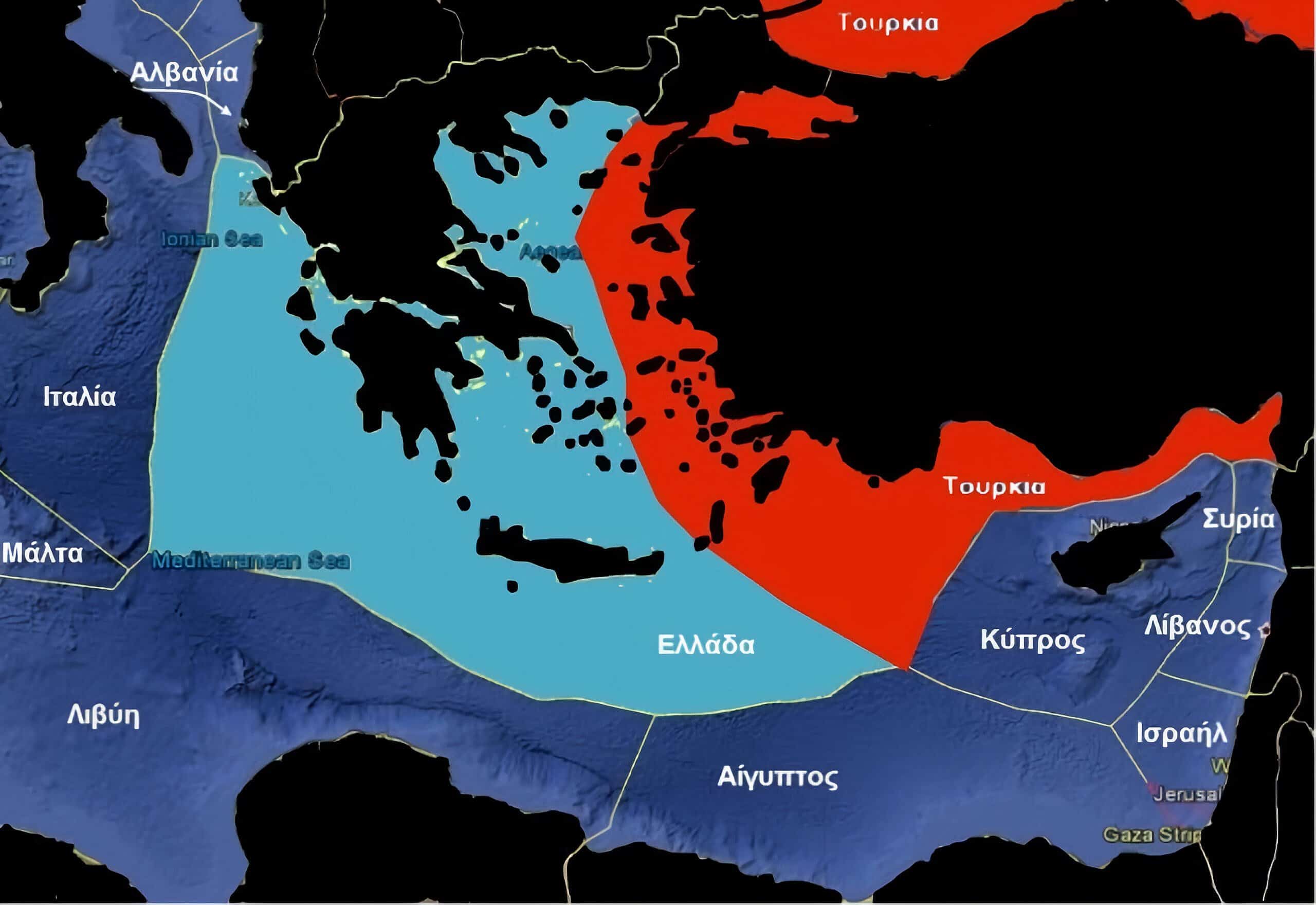
Fig 2. Exclusive Economic Zones – Turkish perspective of EEZ.
But, as this dispute between Turkey and Greece continues to be live and unresolved, there is an unsurprising amount of escalation of tension as the parties try to confront each other on the international stage – just short of hostilities. Taking the lead, Turkey has mutually agreed with Libya to share their EEZ zones with a corridor, which effectively ignores the Greek islands and even the large island of Crete. And has further escalated the issue regarding the EEZ of Cyprus, arguing that since the Northern part is effectively Turkish – since its occupation and division in the 1970s – its portion also belongs to the Turkish EEZ.

Fig 3. Exclusive Economic Zones. Turkish view: Turkey-Libya agreement + North Cyprus.
These postures do not occur out of nationalistic ideals but out of vital interests. The shallow continental shelf near Cyprus has been found to contain significant sources of natural gas, and Cyprus has entered into a sharing agreement with Egypt to exploit them. Turkey denounced that agreement as illegal and, in 2018 – 2020, started test drilling in the area, which created considerable tensions, and a host of international diplomatic efforts by several countries, including the USA.
Unsurprisingly, the escalation of the dispute – the Turkish-Libya agreement and the claims regarding the Northern part of Cyprus created a reaction in Greece. Besides rejecting the Turkish view, Greece entered into an effective counter-agreement with Egypt, somewhat similar to the Turkey-Libya agreement, which expands their mutual EEZ, directly blocks the opposing map, and coincidentally strengthens Egypt’s tie with Cyprus.
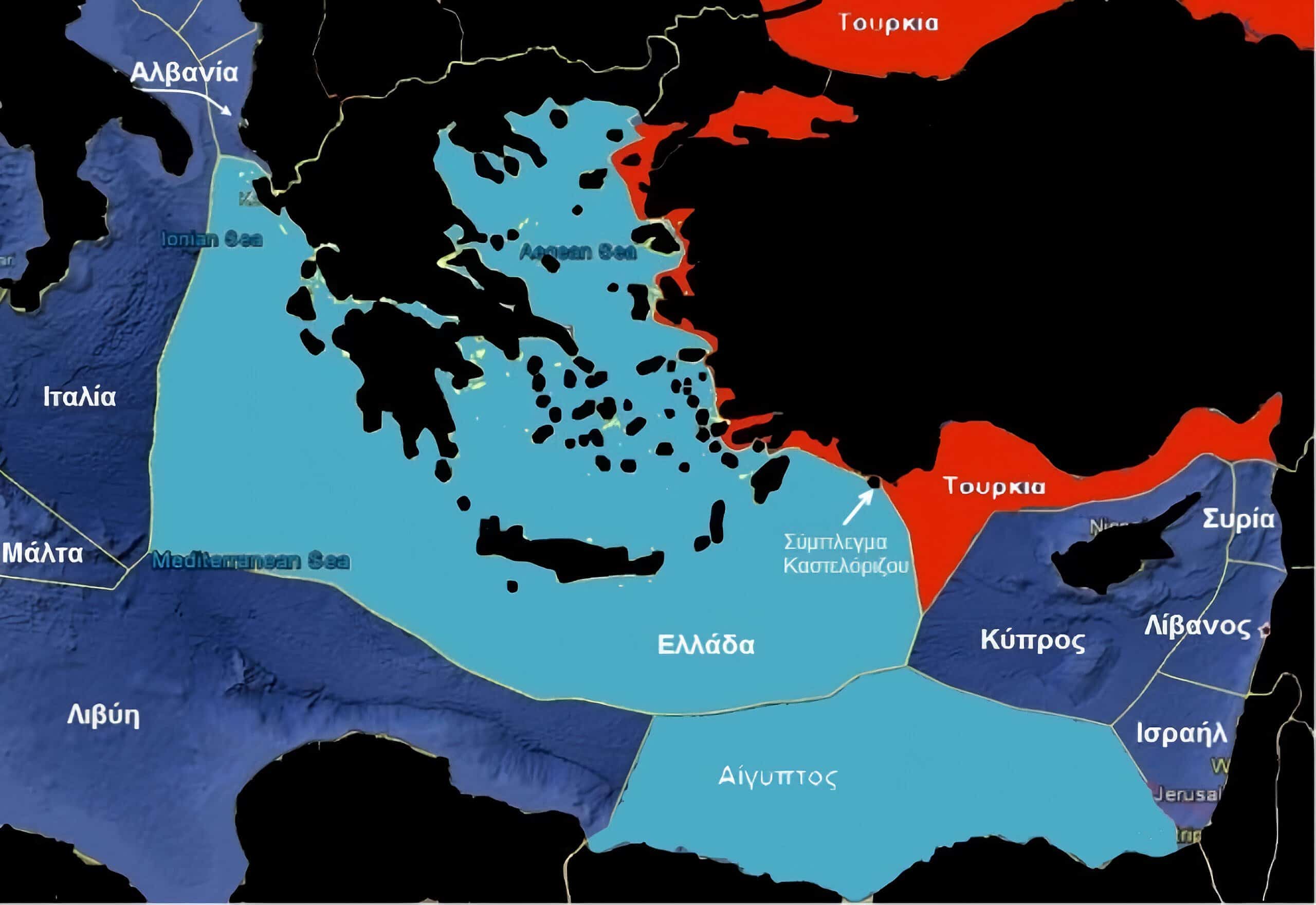
Fig 4. Exclusive Economic Zones: Greece – Egypt Agreement. Greece’s viewpoint.
One of the many points of contention, vexing, is the issue of the small occupied islet (actually 3) of Kastellorizo. It is very close to the Turkey mainland, which has a population of about 500 Greek residents. Yet, the Greek interpretation of the EEZ effectively denies Turkey a sizable amount of exploitable sea territory. In itself, a resolution regarding Kastellorizo’s EEZ could be used by Greece as a concession toward better relations and would not affect the overall thrust of the Turkish argument.
The issue stands today without resolution. Since the 2018-2020 confrontations at sea, the issue has been temporarily overshadowed by other world events. Still, it remains an unresolved problem, soon to re-emerge, with the initiative expected to be retaken by the aggrieved party: Turkey. One of the two key countries is not a signatory of the EEZ agreement, and their viewpoints vary significantly. Greece is comfortable with the EEZ-based allocation of the Aegean, but Turkey is not. Diplomacy’s job is to resolve disputes to mutual satisfaction without resorting to hostilities, and so far, the hostilities have been avoided – but there has been no resolution.
